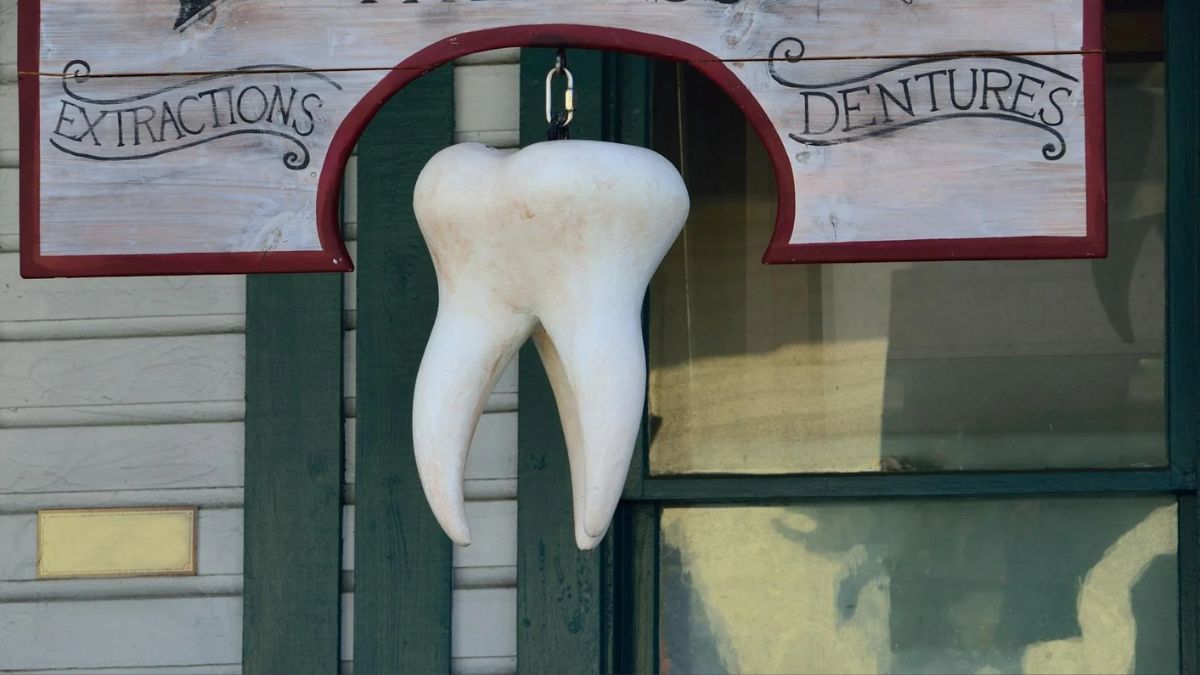Teeth, essential for various functions from chewing to speech, are remarkable structures integral to our daily lives. Beyond their primary role in mastication, teeth boast an array of intriguing features and functions that make them fascinating subjects of study.
Structural Diversity
Teeth come in various shapes and sizes, designed to fulfill specific functions. Incisors are sharp for cutting, canines are pointed for tearing, premolars and molars are broad for grinding and crushing food, each contributing to efficient digestion.
Composition
Teeth are primarily composed of enamel, dentin, pulp, and cementum. Enamel, the hardest substance in the human body, forms the outer layer, safeguarding teeth from wear and tear.
Tooth Development
Teeth begin developing before birth, with primary (baby) teeth forming in the womb and erupting during infancy. Later, permanent teeth replace the primary ones, completing the adult set by early adolescence.
Tooth Enamel
Enamel is remarkably strong, but it isn’t self-repairing. Once damaged by decay or erosion, it cannot regenerate naturally. Dental hygiene and preventive care are crucial in maintaining enamel health.
Tooth Decay
Tooth decay, or dental caries, is a prevalent issue caused by plaque, a bacterial film that forms on teeth. Acids produced by bacteria can erode enamel, leading to cavities if left untreated.

Sensitivity
Tooth sensitivity occurs when the protective enamel wears away, exposing the dentin underneath. This can cause discomfort when consuming hot, cold, sweet, or acidic foods and drinks.
Evolutionary Changes
The shape and size of human teeth have evolved over time. Early human ancestors likely had larger teeth suited for tougher diets, whereas modern humans have smaller teeth adapted to a softer diet.
Oral Health and Overall Well-being
Good oral health is linked to overall health. Poor oral hygiene has been associated with various systemic conditions, including cardiovascular disease, diabetes, and respiratory issues.
Bite Force
Human bite force varies across individuals but is generally less potent compared to other animals. While humans have a strong bite force relative to their body size, it is significantly lower compared to many animals.
Lifelong Care
Teeth require consistent care throughout life. Regular brushing, flossing, dental check-ups, and a balanced diet contribute to maintaining oral health and preventing issues like gum disease and tooth loss.
Teeth are incredible structures that go beyond mere chewing tools. They play a crucial role in maintaining overall health, aiding in speech, and contributing to facial structure. Understanding their complexity and the importance of proper dental care helps us appreciate their significance in our daily lives. By prioritizing dental hygiene and seeking professional dental care, we can ensure the longevity and well-being of these essential components of our anatomy.










